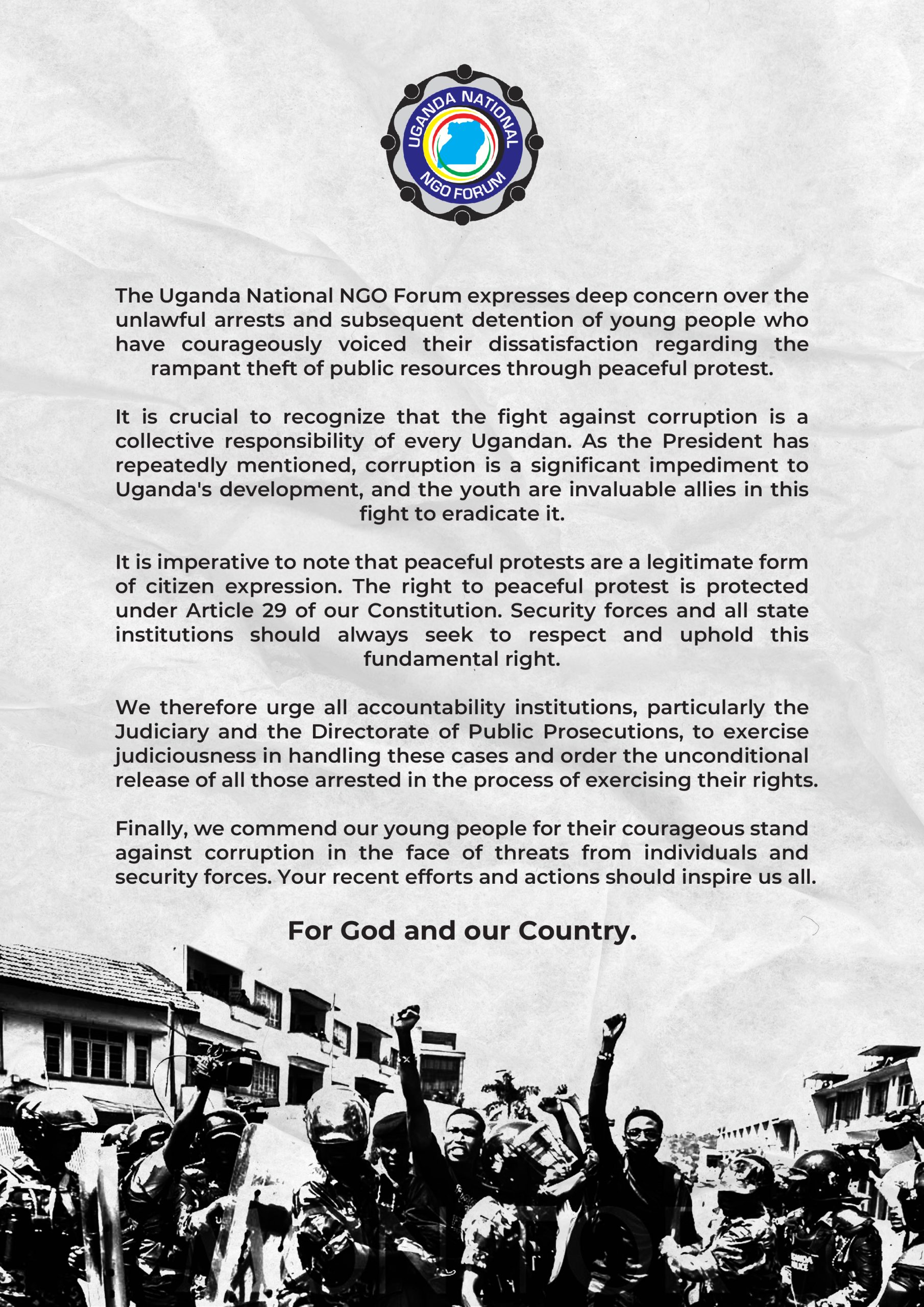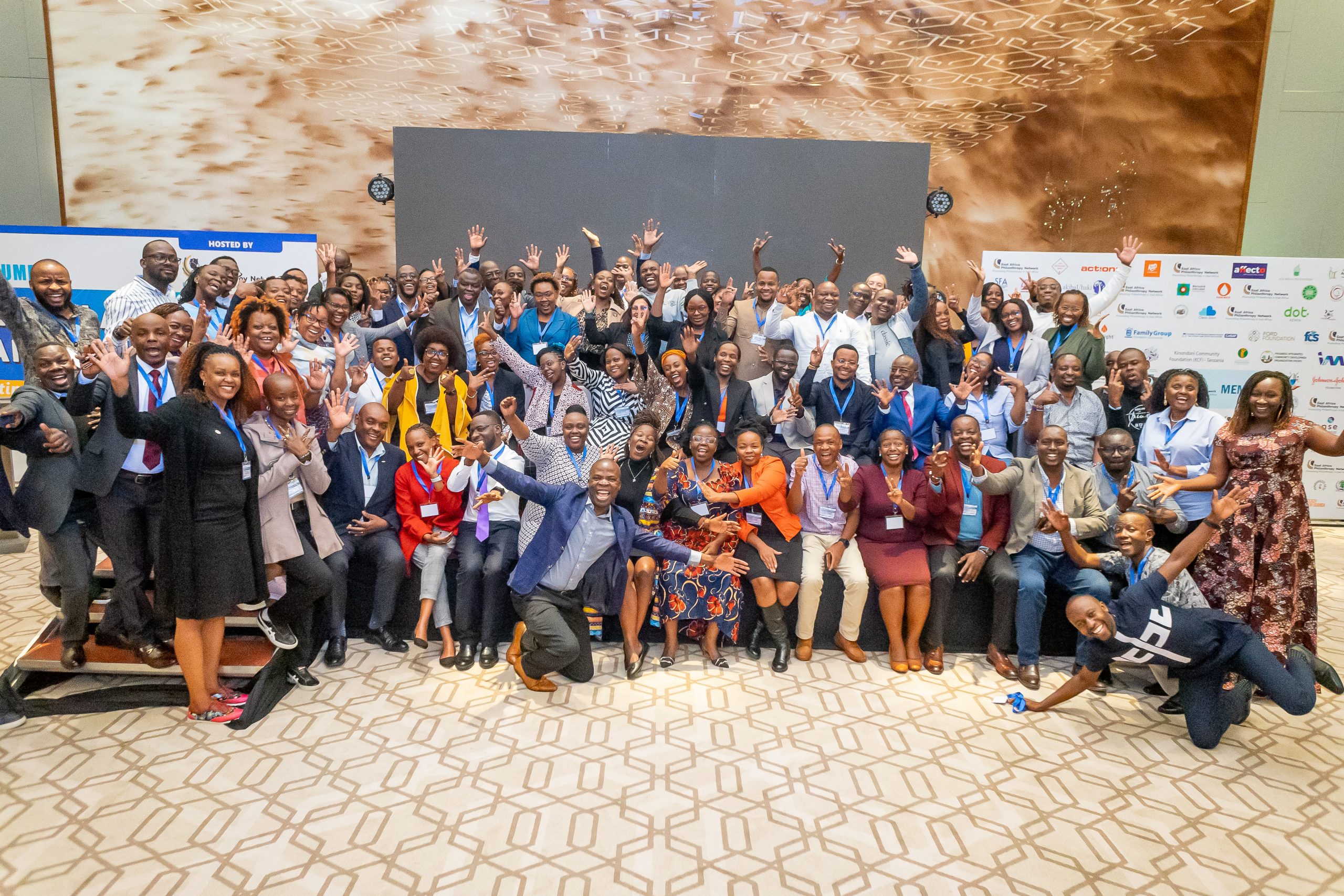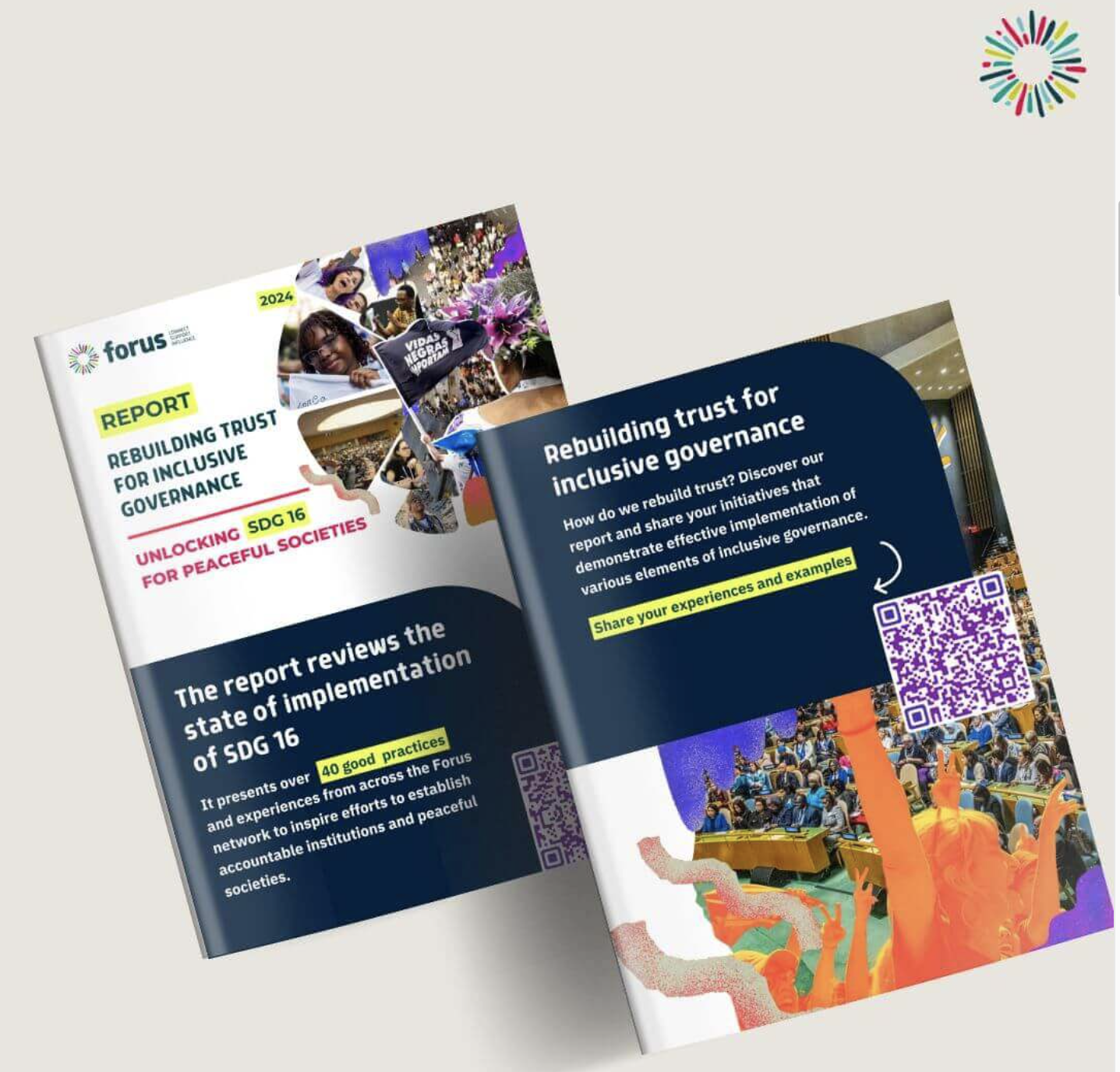The National CSO consultation on the Post2015 Development Agenda
The current global development framework, the Millennium Development Goals (MDGs), expires at the end of 2015. Consequently, the international community and stakeholders around the world are engaged in a process to negotiate a new global framework to eradicate poverty through sustainable development: the post-2015 development agenda.
As part of the process, a CSO Core Reference Group, whose current members include; ACORD International, World Vision, USWANET, SEATINI, Care International and Uganda National NFO Forum, is leading the civil society consultations that will feed into the UN Secretary General’s 69th session of the General Assembly in September 2014. They have held discussions with Permanent Secretary Ministry of Foreign Affairs, National Planning Authority on the inclusion of civil society in the post 2015 processes at national and international level.
The areas for consultations include Localizing the post-2015 development agenda; Helping to strengthen capacities and institutions; Participatory monitoring, comprising of existing and new forms of accountability; Partnership with civil society and other actors; Partnerships with the private sector and; Culture and development.
Below is a draft of the outcomes from the National CSO Consultations on the Post 2015 Agenda;
Regarding the Global and Regional Post 2015 Development Agenda Processes
Reaffirmed that the Millennium Development Goals were arguably the most politically important pact ever that generated an unprecedented global convergence around poverty reduction and hence the need for the Post 2015 Development to build on that process;
Recognized that global, regional, national, political, and socioeconomic factors have occurred since the adoption of the MDGs, such as population growth, the youth bulge, urbanization, climate change and inequalities which have impacted on the implementation and achievements’ of the MDGs which need to be addressed in the Post 2015 development agenda;
Regarding Localizing the Post 2015 Development Agenda
Recognized that the Government of Uganda has embraced long term planning and adopted Vision 2040 to be implemented in six national development plans -the current process to develop Uganda’s second National Development presents an opportune moment to shape how the Post 2015 development agenda will be implemented in country;
Highlighted that the successful implementation of the national development plan and the Post 2015 development agenda in particular, will depend on how the country addresses development enablers such as good governance, core capacity constraints in public administration, weaknesses in economic management, and issues of corruption.
Affirmed the importance of fostering local participatory democracy, promoting active citizenry and the involvement of the most marginalized and vulnerable groups including women and girls, youth, people with disability and people living with HIV and AIDS in the development agenda.
Regarding Global Partnerships
Recognized that MDG 8 played a central role in galvanizing aid, increasing market access, providing debt relief, improving access to ICT, essential medicines and other forms of support.
Affirmed the need to set clear timelines for achieving its official development assistance (ODA) targets, but must also be broadened and strengthened to address new emerging actors such as south-south cooperation and public -private partnerships but also deepen the capacity of development countries for domestic resource mobilization; address illicit financial flows and corruption;
The renewed global partnership should also continue to foster dialogue on debt sustainability beyond its narrow focus on HIPCs and should further look to build a more equitable multilateral trade system, concluding the Doha Round but also addressing supply-side constraints in developing countries, including through improved access to new technologies and long-term investment.
As Civil Society Groups across Uganda, we commit ourselves to working with different development actors to put in place mechanisms that will ensure a multi-stakeholders monitoring of the implementation of the Post 2015 Development Framework and promoting accountability and transparency in the management of public resources and environmental sustainability to ensure that no one will be left behind.



